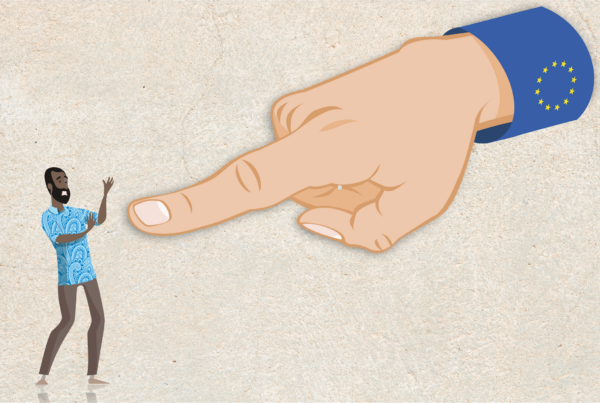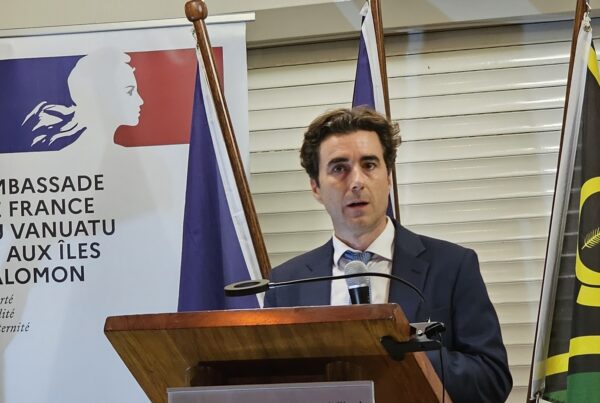By Ezra Toara
Caribbean economist and regional economic policy advisor Marla Dukharan has criticised the European Union’s (EU) decision to blacklist Vanuatu over tax governance and financial regulation concerns as discriminatory, unjust, and immoral.
Speaking in a recent interview, Marla Dukharan urged Vanuatu to support the United Nations (UN) Convention on Tax, a multilateral initiative aimed at improving global tax cooperation. She noted that countries in both the Pacific and Caribbean have not done enough to back the convention, which could help create a more equal platform in international tax discussions.
“The EU is blacklisting countries that are not predominantly white, countries without material wealth or global economic influence. This is not just unfair—it is immoral. It breaches international standards on how we treat each other. That level of discrimination should not be tolerated.”
Ms. Dukharan warned that blacklisting causes long-term reputational damage. “You can’t measure the full impact of being labelled this way. It affects cross-border transactions, trade, and the cost of doing business. In the Caribbean, for instance, it costs twice as much to send an international wire transfer from Trinidad to Jamaica than from the U.S. to the U.K. Being blacklisted limits which banks we can use, and those we can use often require more documentation and due diligence.”
Dukharan also pointed to limited awareness of the UN tax convention. “Many people haven’t even heard about it because certain countries—like the U.S., U.K., EU members, New Zealand, Japan, and Canada—have blocked media coverage. But this is the one forum where all sovereign nations have a voice, unlike the Organisation for Economic Cooperation and Development (OECD) or Financial Action Task Force (FATF), where countries like Vanuatu have little or no representation.”
She urged Vanuatu’s policymakers to engage more actively in international tax discussions and explain the country’s situation. “Vanuatu is a zero-tax jurisdiction, and imposing income or corporate tax in an economy that’s largely based on subsistence agriculture would create more problems than solutions. When the global minimum tax was agreed upon, even Switzerland requested a 10-year transition period. For Vanuatu, it might take 20 years. The country needs to be at the table, sharing its context and concerns.”
Dukharan noted the EU’s selective approach to blacklisting. Until Russia was added to the list in February 2022, she said, no predominantly white country had ever been blacklisted. “This is institutional discrimination,” she said. “It’s not just unfair—it’s a clear case of bias based on ethnicity and economic power.”
She said she has spoken with Vanuatu’s Attorney General and encouraged the government to consider taking the issue to the International Court of Justice (ICJ), noting that there is enough evidence to support a case.
“I’ve read articles comparing Vanuatu to countries like Venezuela and the Vatican. Despite being in similar or worse breach of anti-money laundering and counter-terrorism financing standards, the Vatican has never been blacklisted—despite well-documented financial scandals. Why blacklist Vanuatu and not the Vatican?”
Dukharan called for more awareness, unity, and resolve among small developing states facing unequal treatment in the global financial system.





